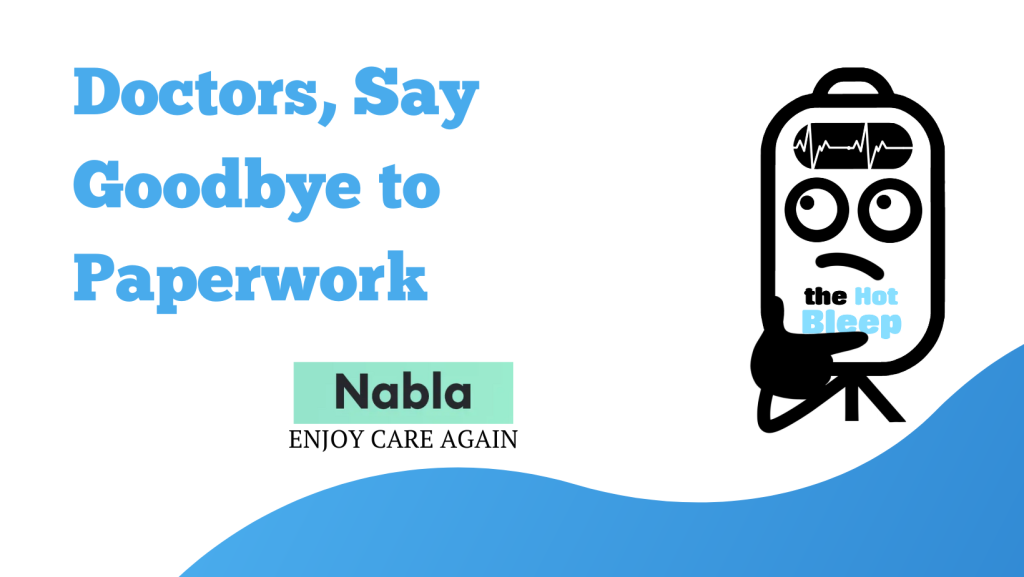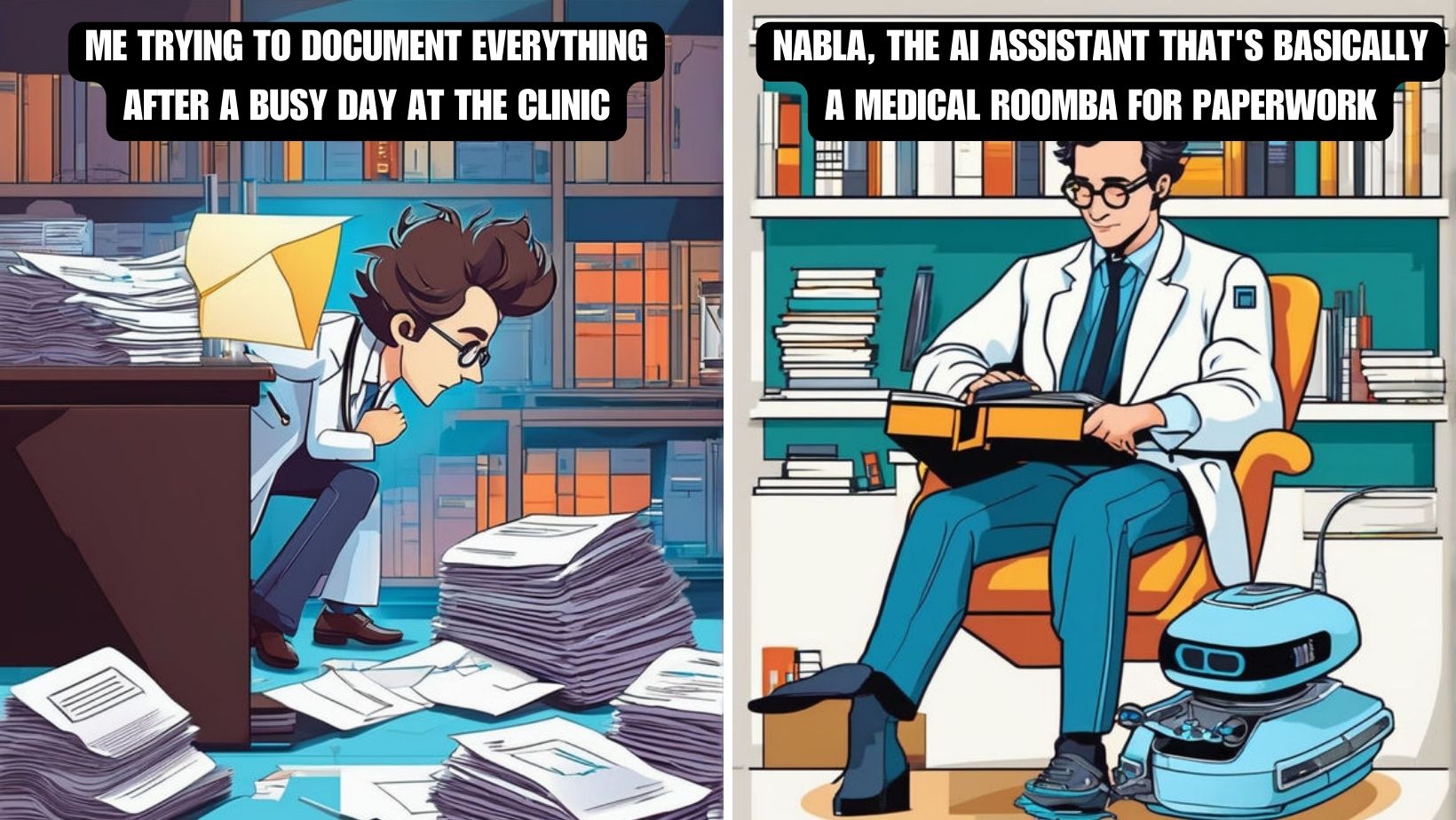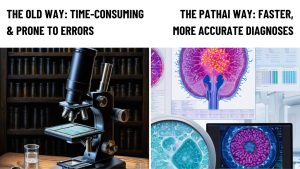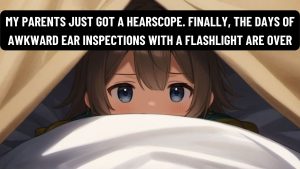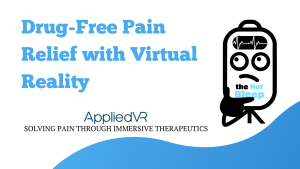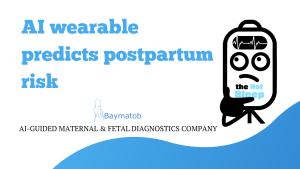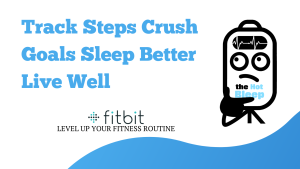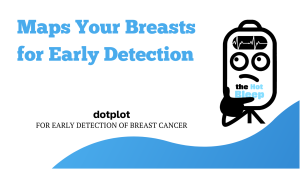AI Assistant Streamlines Medical Documentation for Doctors
The AI assistant is called, Nabla.
Nabla is like a super-powered secretary for doctors. It has super ears that listen closely to everything the doctor says, even the tricky medical words. After listening Nabla uses its super brain to remember all the important stuff, like what kind of medicine you need or when your next check-up is.
The best part? Nabla writes it all down in a clear way, almost like magic.
Nabla the Medical Scribe
- Nabla’s core function is to transcribe and summarize medical conversations into clear notes, essentially acting as a scribe for doctors.
- Nabla frees up doctors’ time by handling documentation. It allows doctors to quickly and accurately document any medical situation, be it during an emergency or a complex diagnosis.
- Nabla is known for its precision in capturing medical information. It ensures every crucial detail is documented perfectly, potentially even including subtle cues or environmental factors that the human eye might miss.
Let’s Have Fun: Nabla Theme Song
If Nabla had a theme song, it would be an upbeat and inspiring melody that captures the essence of its mission.
Something along the lines of this:
The Technology that Makes Nabla What It Is
1. Advanced Speech Recognition: Nabla’s core function relies on accurately capturing spoken conversations between doctors and patients. Without advanced speech recognition capabilities, Nabla wouldn’t be able to transcribe the conversations at all. This technology allows Nabla to convert the spoken words into a digital format for further processing.
2. Natural Language Processing (NLP): Once the conversation is transcribed, Nabla needs to understand the meaning of the words and identify the key medical information. This is where NLP comes in. NLP allows Nabla to analyze the text, recognize entities like medications and diagnoses, and extract the important details from the conversation.
3. Machine Learning: Nabla’s accuracy and efficiency improve over time through machine learning. By analyzing past data, the system can learn to identify patterns in medical conversations and continuously refine its ability to capture the most relevant information. Machine learning allows Nabla to adapt and improve its performance.
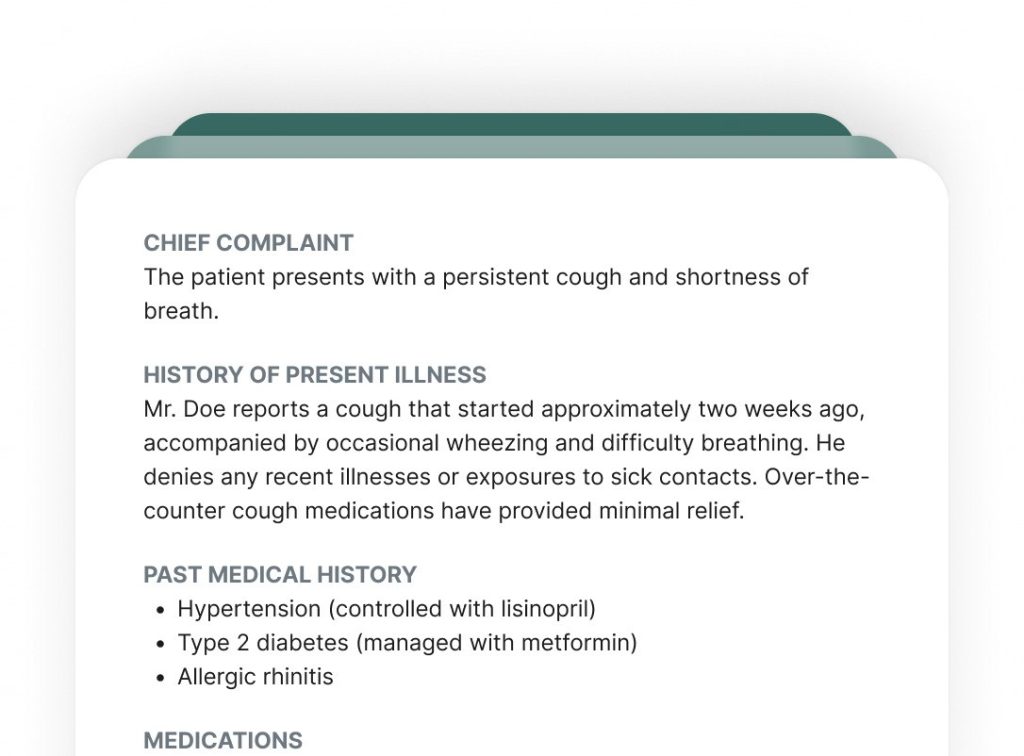
More Fun: Dinner date
If Nabla were to host a dinner party, which three famous tech innovators would it invite?
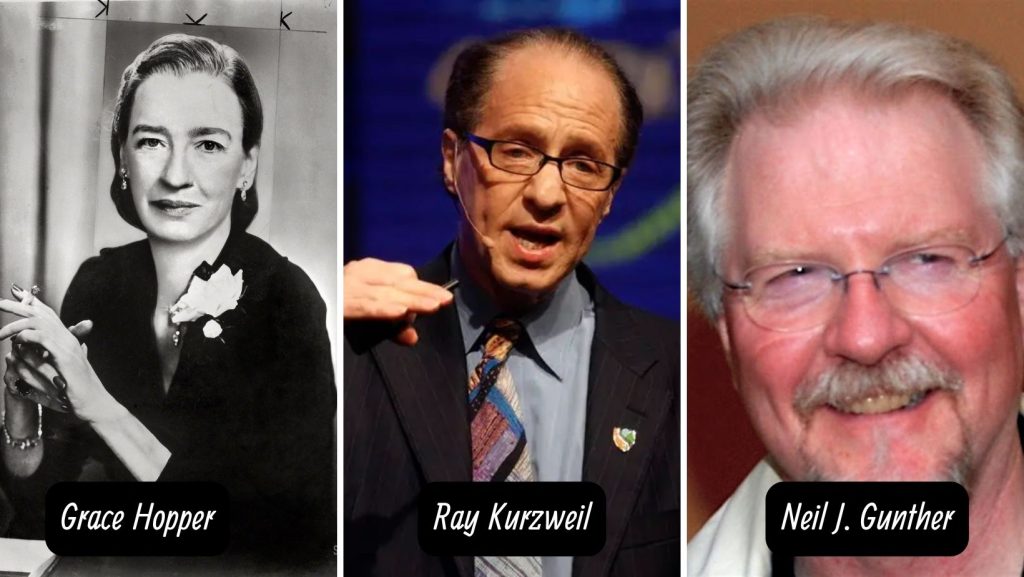
Pros and Cons of Nabla Copilot
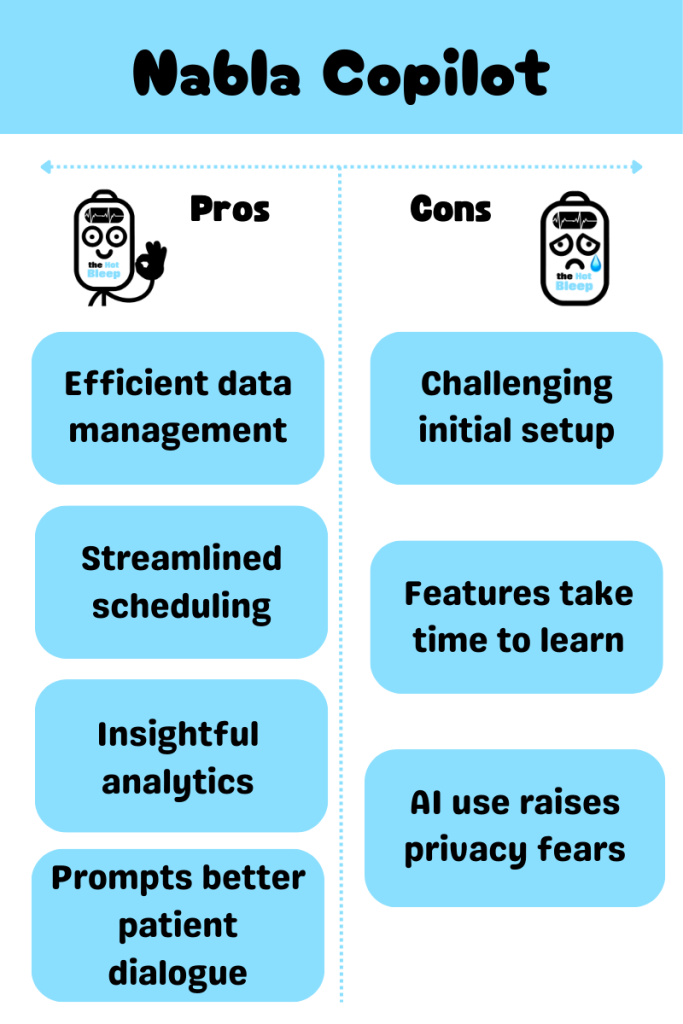
Testimonials from Clinicians who have used Nabla
“I tried the extension and was in the 9th cloud from happiness and excitement. This app is a life changer. I am absolutely blown away and amazed beyond words.”
Dr. Andrey Shalomov, a pediatric psychiatrist
“That is quite impressive! I’m almost convinced that this is gonna replace me in my position, but nevertheless, I’ll be enjoying this until that day comes. Thank you!”
Dr. Roy Gondo, a family medicine practitioner
“I feel like Nabla is like my friend—coming along, doing visits with me. This sounds strange, but I think it is somewhat comforting having Nabla there. Knowing if I need to stop typing and just listen to the person in front of me, that decision isn’t going to cost me minutes and hours at the end of the day, taking time away from my family. I think this is a real trade-off and decision primary care doctors make regularly. If I spend more time with a patient, try to help them, and go above and beyond—that time is probably going to be taken away from sleep and family time. THANK YOU for helping to make this product, which I believe will be a game changer for Physicians.”
Brittany Kunza, a primary care physician
Final Thoughts
So, there you have it. Nabla is making doctors’ lives easier and improving healthcare for everyone.
